
SCARS Institute’s Encyclopedia of Scams™ Published Continuously for 25 Years

Fake Lawyers – Money Recovery Scams
Fake Lawyers and the Dangers of Money Recovery Scams for Desperate Scam Victims
How Scams Work – A SCARS Institute Insight
Author:
• SCARS Institute Encyclopedia of Scams Editorial Team – Society of Citizens Against Relationship Scams Inc.
• Includes content from actual fake attorneys
Article Abstract
Money recovery scams prey on the desperation of scam victims who are seeking to recover lost funds, exploiting their vulnerability by offering false promises of recovery.
Fraudsters often disguise themselves as legal professionals, recovery experts, or government officials, luring victims with claims of high success rates.
A newer trend includes fake law firms and attorneys advertising their services on platforms like Facebook, boasting quick recoveries while demanding upfront payments disguised as legal fees. These scammers further victimize those already financially harmed by the original scam, adding emotional distress and further financial loss.
Victims should be wary of any service asking for upfront fees, guaranteeing success, or applying pressure to act quickly, as these are classic red flags. To protect themselves, individuals should thoroughly research recovery services, report scams to relevant authorities, and avoid paying any fees upfront without thoroughly verifying the legitimacy of the service.

Fake Lawyers and the Dangers of Money Recovery Scams for Desperate Scam Victims
When individuals fall victim to a scam, the emotional toll is immense, marked by shock, betrayal, and a deep desire to regain control, especially through recovering lost money. Unfortunately, scam victims, in their desperation to reverse the damage, are prime targets for yet another scheme: money recovery scams. These scams prey on individuals’ vulnerability, offering false promises to retrieve stolen funds.
What Are Money Recovery Scams?
Money recovery scams involve fraudsters pretending to offer services to help scam victims recover lost money. They often claim to be experts in fraud investigation, legal services, or government officials who can help victims retrieve funds lost in prior scams. Victims are approached via phone calls, emails, or even through online ads, offering assistance in exchange for a service fee or personal information.
These scammers take advantage of the intense emotions—desperation, shame, and guilt—that victims experience. In many cases, victims are more willing to take risky decisions in their efforts to reclaim what they lost, which makes them particularly susceptible to these secondary scams.
How Do Recovery Scams Work?
- False Legal Representation: Scammers may impersonate law enforcement or legal experts, claiming to have tracked the original scammers and retrieved the stolen money. They might ask for legal fees or administrative costs upfront, promising reimbursement once the money is recovered.
- Fake Recovery Agencies: Recovery scammers often pose as companies specializing in financial recovery, offering high success rates and pressuring victims to pay for their services. These fraudulent entities may even provide fake testimonials to lure victims.
- Fake Law Firms and Attorneys: A newer and equally concerning trend involves scammers creating fake law firms and attorneys advertising on platforms like Facebook and other social media channels. These fraudsters promise high success rates in recovering stolen money, creating a false sense of credibility by using legal jargon and offering professional-looking websites. In reality, they are simply more scammers who ask for upfront payments disguised as legal fees or administrative costs and then disappear once the money is transferred.
- Upfront Fees: Most recovery scams ask for upfront fees disguised as processing fees, transaction costs, or legal service charges. Once the fees are paid, victims often lose contact with the so-called recovery agents or are strung along with additional payment requests.
- Personal Information Theft: Victims may also be tricked into providing sensitive personal and financial information, including bank details or Social Security numbers, which can lead to identity theft and further financial loss.
What the FBI Says
Cryptocurrency Recovery Services
The FBI warns of an increase in cryptocurrency recovery schemes, which exploit victims who lost cryptocurrency to fraud, scams, and theft. In 2022, victims reported losing more than $2.5 billion in cryptocurrency investment frauds1 alone, according to the FBI Internet Crime Complaint Center (IC3).
Representatives of fraudulent businesses claiming to provide cryptocurrency tracing and promising an ability to recover lost funds may contact victims directly on social media or messaging platforms. Victims may also encounter advertisements for fraudulent cryptocurrency recovery services in the comment sections of online news articles and videos about cryptocurrency; among online search results for cryptocurrency; or on social media.
Recovery scheme fraudsters charge an up-front fee and either cease communication with the victim after receiving an initial deposit or produce an incomplete or inaccurate tracing report and request additional fees to recover funds. Fraudsters may claim affiliation with law enforcement or legal services to appear legitimate.
Private sector recovery companies cannot issue seizure orders to recover cryptocurrency. Cryptocurrency exchanges only freeze accounts based on internal processes or in response to legal process. Victims can also choose to pursue civil litigation to seek recovery of their funds.
Fake Attorneys
Using social media or other messaging platforms, fraudsters posing as lawyers representing fictitious law firms may contact scam victims and offer their services, claiming to have the authorization to investigate fund recovery cases. To validate the contact, the “lawyers” claim they are working with, or have received information on, the scam victim’s case from the FBI, Consumer Financial Protection Bureau (CFPB), or other government agency. In some instances, scam victims have contacted fraudsters on fake websites, which appear legitimate, hoping to recover their funds.
To further the recovery scam, the “lawyers” may:
- Request victims verify their identities by providing personal identifying information or banking information to get their money back;
- Request victims provide a judgment amount they are seeking from the initial fraudster;
- Request victims pay a portion of initial fees up front with balance due when funds are recovered;
- Direct victims to make payments for back taxes and other fees to recover their funds; or
- Reference actual financial institutions and money exchanges, to build credibility and further their schemes.
Between February 2023 and February 2024, cryptocurrency scam victims who were further exploited by fictitious law firms reported losses totaling over $9.9 million, according to the FBI Internet Crime Complaint Center (IC3).
Why Scam Victims Are Vulnerable
Victims of fraud are emotionally and mentally drained. They often feel humiliated and are ashamed to admit their losses to friends or family, which can lead them to seek “easy” solutions like recovery services without proper investigation. Scammers prey on these emotions, providing hope when victims feel their situation is hopeless.
Additionally, many victims are unaware of the cyclical nature of scams, where criminals come back in different guises (such as a recovery agency) to target the same people they previously defrauded. The pressure to recover the money quickly often clouds their judgment, making them more likely to take another risky gamble on a fake recovery offer.
Red Flags of Money Recovery Scams
Victims can protect themselves by recognizing the warning signs of a recovery scam:
- Upfront Fees: Legitimate recovery services will not demand upfront fees or payment before services are rendered.
- Guaranteed Success: No recovery service can guarantee that lost money will be recovered. Claims of high success rates or guaranteed results are immediate red flags.
- Pressure to Act Quickly: Scammers may create a sense of urgency, suggesting that the victim must act immediately to get their money back.
- Unverified Companies or Agents: Always verify the authenticity of a recovery service. Fraudsters often create fake companies, websites, and reviews to appear legitimate.
- Lack of Transparency: Legitimate companies will provide a clear explanation of their processes, fees, and success rates without pressuring the victim for immediate payment or personal details.
Fake Lawyers
Recently, we have seen a burst of fake attorneys and law firms appearing on social media, such as Facebook. They are fairly easy to spot because of all the old red flags, such as bad design and grammar. They make extraordinary claims about how they can recover money fast with high degrees of success.
In many cases, they are using the real names and photos of legitimate licensed attorneys and law firsts so they can be verified, with all contact information pointing to the scammers.
Here are some examples – A Gallery of Fake Lawyers:
Note that these images were mostly stolen from real lawyers to make it difficult for potential victims to determine they are fake. Any copyrights are acknowledged.
How to Protect Yourself
- Research: If you are considering using a recovery service, research the company extensively. Check for reviews, testimonials, and legal credentials. Be cautious of overly positive reviews that seem generic or fake.
- Report to Authorities: Instead of turning to third-party recovery agents, victims should report the fraud to official organizations, such as the Federal Trade Commission (FTC), local law enforcement, or consumer protection agencies. Many countries also have official bodies that help with fraud-related complaints. Also, report to the state or province Bar Association that is responsible for licensing attorneys.
- Do Not Pay Upfront: Avoid any service asking for payment upfront. Most legitimate recovery services work on a contingency “no win, no fee” basis or receive payment only after successfully recovering the lost funds. Note that some legitimate firms do charge upfront fees, but they should be avoided regardless.
- Consult Financial Institutions: Notify your bank or financial institution immediately if you’ve been scammed. Banks may have fraud prevention departments that can provide assistance or block further fraudulent transactions.
- Seek Emotional Support: Victims may experience depression, guilt, or anxiety after a scam, making them more vulnerable to recovery scams. Reaching out to trusted friends, family, or professional counselors can help regain emotional stability and rational thinking before making further decisions.
Conclusion
Falling victim to a scam is devastating, and the emotional and financial impact can lead people to make rash decisions in a bid to recover their losses. Unfortunately, this desperation makes them prime targets for money recovery scams, which only worsen the damage. Scam victims should proceed with caution, avoid recovery agents asking for fees upfront, and report fraud directly to relevant authorities to avoid falling into a cycle of re-victimization. By recognizing the signs and maintaining vigilance, victims can protect themselves from further exploitation.
-/ 30 /-
What do you think about this?
Please share your thoughts in a comment below!
Table of Contents
- Fake Lawyers and the Dangers of Money Recovery Scams for Desperate Scam Victims
- Article Abstract
- Fake Lawyers and the Dangers of Money Recovery Scams for Desperate Scam Victims
- What Are Money Recovery Scams?
- How Do Recovery Scams Work?
- What the FBI Says
- Why Scam Victims Are Vulnerable
- Red Flags of Money Recovery Scams
- Fake Lawyers
- How to Protect Yourself
- Conclusion
LEAVE A COMMENT?
Recent Comments
On Other Articles
- Arwyn Lautenschlager on Love Bombing And How Romance Scam Victims Are Forced To Feel: “I was love bombed to the point that I would do just about anything for the scammer(s). I was told…” Feb 11, 14:24
- on Dani Daniels (Kira Lee Orsag): Another Scammer’s Favorite: “You provide a valuable service! I wish more people knew about it!” Feb 10, 15:05
- on Danielle Delaunay/Danielle Genevieve – Stolen Identity/Stolen Photos – Impersonation Victim UPDATED 2024: “We highly recommend that you simply turn away form the scam and scammers, and focus on the development of a…” Feb 4, 19:47
- on The Art Of Deception: The Fundamental Principals Of Successful Deceptions – 2024: “I experienced many of the deceptive tactics that romance scammers use. I was told various stories of hardship and why…” Feb 4, 15:27
- on Danielle Delaunay/Danielle Genevieve – Stolen Identity/Stolen Photos – Impersonation Victim UPDATED 2024: “Yes, I’m in that exact situation also. “Danielle” has seriously scammed me for 3 years now. “She” (he) doesn’t know…” Feb 4, 14:58
- on An Essay on Justice and Money Recovery – 2026: “you are so right I accidentally clicked on online justice I signed an agreement for 12k upfront but cd only…” Feb 3, 08:16
- on The SCARS Institute Top 50 Celebrity Impersonation Scams – 2025: “Quora has had visits from scammers pretending to be Keanu Reeves and Paul McCartney in 2025 and 2026.” Jan 27, 17:45
- on Scam Victims Should Limit Their Exposure To Scam News & Scammer Photos: “I used to look at scammers photos all the time; however, I don’t feel the need to do it anymore.…” Jan 26, 23:19
- on After A Scam, No One Can Tell You How You Will React: “This article was very informative, my scams happened 5 years ago; however, l do remember several of those emotions and/or…” Jan 23, 17:17
- on Situational Awareness and How Trauma Makes Scam Victims Less Safe – 2024: “I need to be more observant and I am practicing situational awareness. I’m saving this article to remind me of…” Jan 21, 22:55
ARTICLE META
Important Information for New Scam Victims
- Please visit www.ScamVictimsSupport.org – a SCARS Website for New Scam Victims & Sextortion Victims
- Enroll in FREE SCARS Scam Survivor’s School now at www.SCARSeducation.org
- Please visit www.ScamPsychology.org – to more fully understand the psychological concepts involved in scams and scam victim recovery
If you are looking for local trauma counselors please visit counseling.AgainstScams.org or join SCARS for our counseling/therapy benefit: membership.AgainstScams.org
If you need to speak with someone now, you can dial 988 or find phone numbers for crisis hotlines all around the world here: www.opencounseling.com/suicide-hotlines
A Note About Labeling!
We often use the term ‘scam victim’ in our articles, but this is a convenience to help those searching for information in search engines like Google. It is just a convenience and has no deeper meaning. If you have come through such an experience, YOU are a Survivor! It was not your fault. You are not alone! Axios!
A Question of Trust
At the SCARS Institute, we invite you to do your own research on the topics we speak about and publish, Our team investigates the subject being discussed, especially when it comes to understanding the scam victims-survivors experience. You can do Google searches but in many cases, you will have to wade through scientific papers and studies. However, remember that biases and perspectives matter and influence the outcome. Regardless, we encourage you to explore these topics as thoroughly as you can for your own awareness.
Statement About Victim Blaming
SCARS Institute articles examine different aspects of the scam victim experience, as well as those who may have been secondary victims. This work focuses on understanding victimization through the science of victimology, including common psychological and behavioral responses. The purpose is to help victims and survivors understand why these crimes occurred, reduce shame and self-blame, strengthen recovery programs and victim opportunities, and lower the risk of future victimization.
At times, these discussions may sound uncomfortable, overwhelming, or may be mistaken for blame. They are not. Scam victims are never blamed. Our goal is to explain the mechanisms of deception and the human responses that scammers exploit, and the processes that occur after the scam ends, so victims can better understand what happened to them and why it felt convincing at the time, and what the path looks like going forward.
Articles that address the psychology, neurology, physiology, and other characteristics of scams and the victim experience recognize that all people share cognitive and emotional traits that can be manipulated under the right conditions. These characteristics are not flaws. They are normal human functions that criminals deliberately exploit. Victims typically have little awareness of these mechanisms while a scam is unfolding and a very limited ability to control them. Awareness often comes only after the harm has occurred.
By explaining these processes, these articles help victims make sense of their experiences, understand common post-scam reactions, and identify ways to protect themselves moving forward. This knowledge supports recovery by replacing confusion and self-blame with clarity, context, and self-compassion.
Additional educational material on these topics is available at ScamPsychology.org – ScamsNOW.com and other SCARS Institute websites.
Psychology Disclaimer:
All articles about psychology and the human brain on this website are for information & education only
The information provided in this article is intended for educational and self-help purposes only and should not be construed as a substitute for professional therapy or counseling.
While any self-help techniques outlined herein may be beneficial for scam victims seeking to recover from their experience and move towards recovery, it is important to consult with a qualified mental health professional before initiating any course of action. Each individual’s experience and needs are unique, and what works for one person may not be suitable for another.
Additionally, any approach may not be appropriate for individuals with certain pre-existing mental health conditions or trauma histories. It is advisable to seek guidance from a licensed therapist or counselor who can provide personalized support, guidance, and treatment tailored to your specific needs.
If you are experiencing significant distress or emotional difficulties related to a scam or other traumatic event, please consult your doctor or mental health provider for appropriate care and support.
Also read our SCARS Institute Statement about Professional Care for Scam Victims – click here to go to our ScamsNOW.com website.




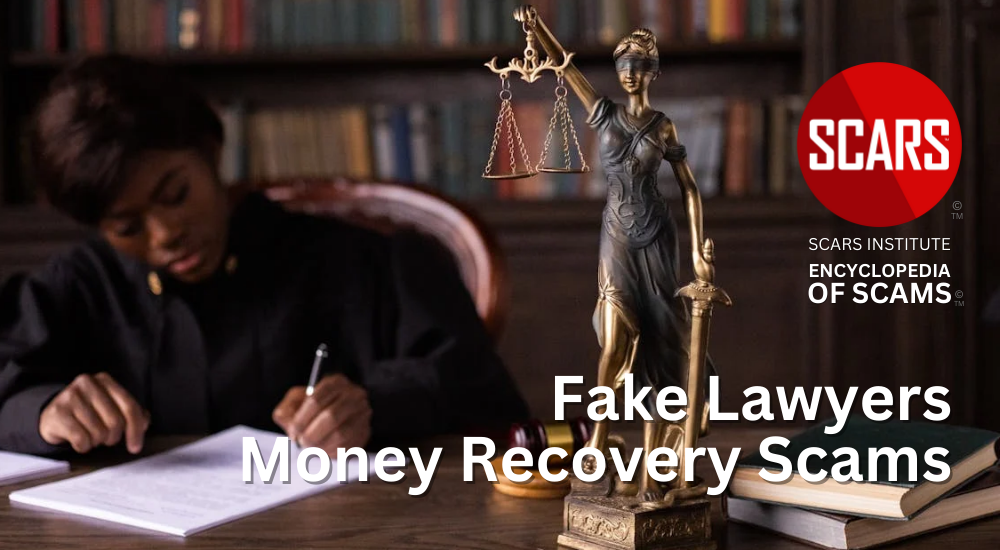

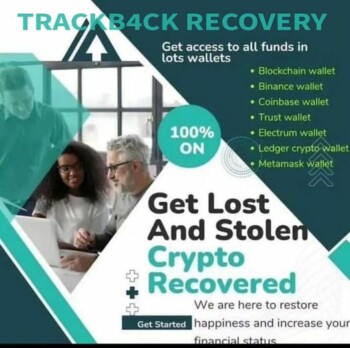
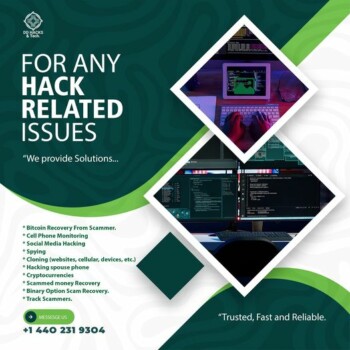
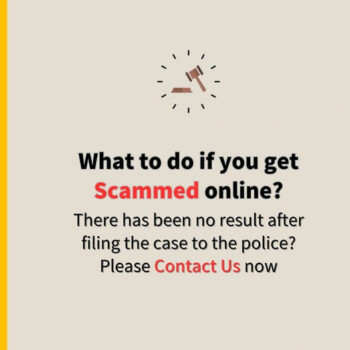
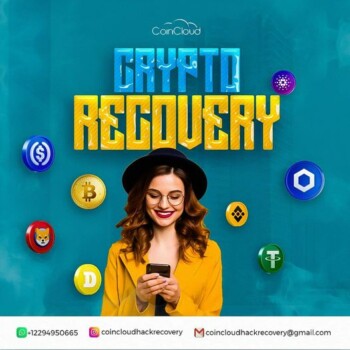
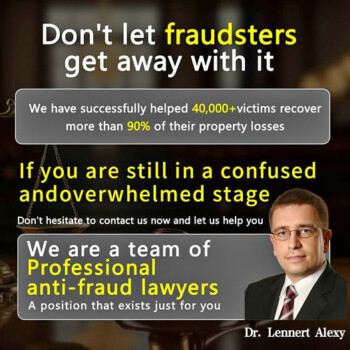



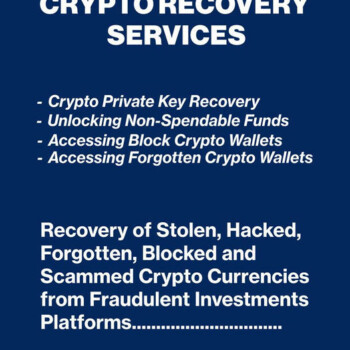
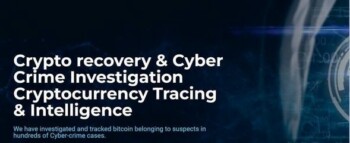

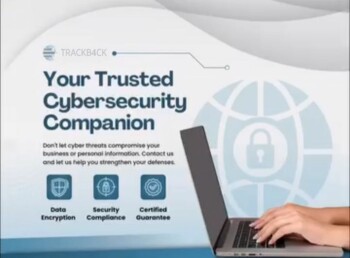
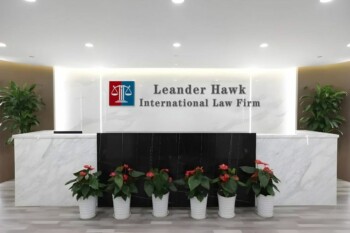

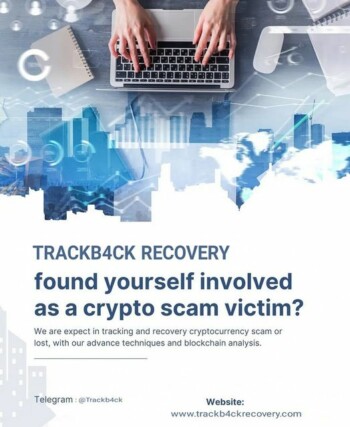

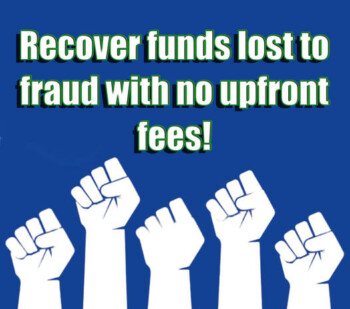
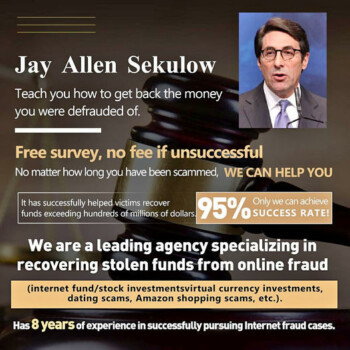
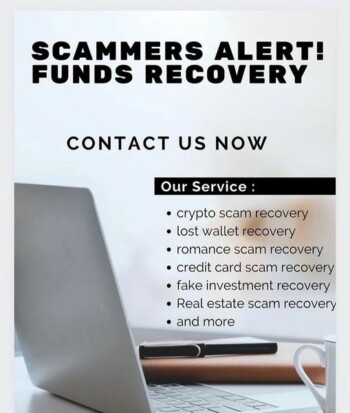
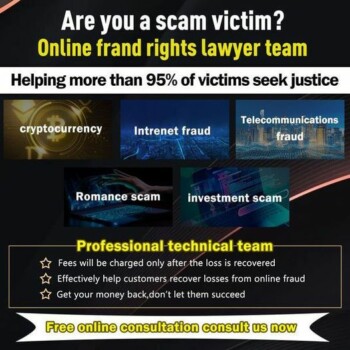










Thank you for your comment. You may receive an email to follow up. We never share your data with marketers.